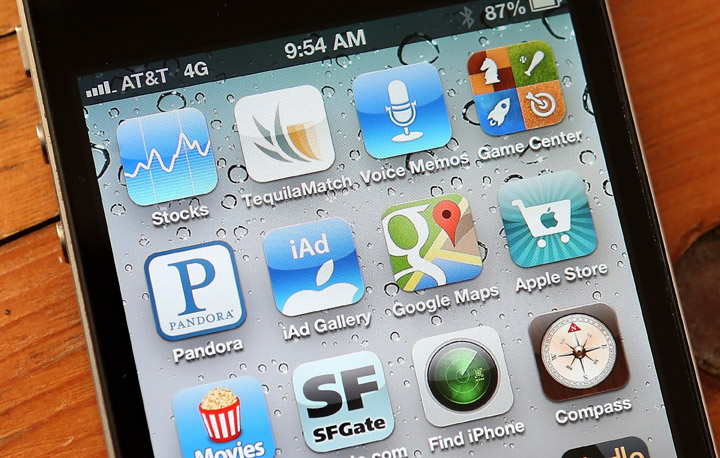TORONTO – Tech giant Apple has made a rare acquisition of a Canadian startup in what may be yet another bid to improve their troubled mapping system Apple Maps.

The acquisition of Toronto-based location data services startup, first reported by tech website All Things D, has been confirmed by Apple but the purchase price has yet to be revealed. According to the report by John Paczkowski the deal closed recently and includes both Locationary’s technology and personnel.
Locationary, described by All Things D as a “Wikipedia for local business listings,” specializes in incorporating location data into enterprise IT systems and web publishing platforms.
By using crowdsourcing and a platform called Saturn, a federated data exchange program designed to help companies share information about local businesses, Locationary collects additional information that might be useful to a user looking at a mapping service like Apple Maps or Google Maps, for example.
Information including business hours, Wi-Fi access and parking spot availability is collected and then added to the businesses’ location on a mapping service.
But Locationary goes a step further in this information exchange – they also ensure that the locations of business are accurate and that they are still open for business.
Many believe the acquisition was sparked by continuing efforts from Apple to improve their infamous Apple Maps program, which was dubbed as a failure by many.
Apple replaced the longstanding Google Maps app and introduced the Apple designed version in September of last year.
Frustration over lack of transit directions, poor traffic notifications, and inaccurate location markers were common complaints heard by iOS users after the app’s release with the iOS 6 operating system; however, it was the more bizarre mistakes made in the app – such as the relocation of towns and landmarks – took the internet by storm.
Read More: How the world changed with Apple Maps
Controversy surrounding the app prompted a rare public apology from Apple CEO Tim Cook.
Cook even recommended that users rely on maps applications from their competitors until the application could be fixed.
Apple made the switch to an in-house made application after obvious tensions arose with Google.
At the time Google’s map application for the iPhone did not offer turn-by-turn direction, or voice guided navigation features, despite the Android version of the app including these features. Google didn’t license its turn-by-turn technology to Apple.
Analysts felt that Google wouldn’t give in due to the fact that the turn-by-turn directions gave Google’s Android software a leg up over Apple’s iOS devices.
Locationary CEO Grant Richie touched on Apple’s struggle with maps in September 2012 in an article written for Tech Crunch.
“The Apple iPhone 5 has been quite a story for a while with many ‘firsts’: the fastest hardware, the most first-week sales, and so on. The device is also now famous for what it doesn’t have: Google Maps,” wrote Ritchie in the article titled, “5 Big Map App Issues Apple Must Solve.”
In the article Ritchie shed light on how Apple might collect its point-of-interest (POI) data to show just how difficult some of the process might be.
He touched on how difficult it can be to collect location data, how the process of matching and confirming business data is time consuming, and how “merging data sources into a composite database is an entire business in itself.”
“Data integration is a complicated but crucial process for local search, mapping, and directory apps. It’s also something that most people don’t think about or notice until it goes wrong,” read the article.
“This is why the industry will need proper platforms and tools to address these challenges and to progress into the real-time world that we all anticipate: where products, inventory, menus, deals, events, and job postings are synchronized across every mobile device and users can instantly transact regardless of app or device.”
Fast forward almost a year and Ritchie’s business is acquired by Apple.
Mapping Wars
Apple’s Locationary acquisition comes after a few high profile moves by rival Google.
In June Google snapped up Israeli mapping startup Waze in a $1.03 billion deal. Waze blends elements of a social network into its maps to produce more precise directions and more reliable information about local traffic conditions.
According to reports, Google beat out both Apple and social networking giant Facebook in the bidding for Waze.
Google also unveiled a new version of the Google Maps app – “coming soon” to both iPhone’s and iPad’s.
But Locationary isn’t the only Canadian startup that Apple has acquired.
In 2010, the technology giant bought Quebec-based mapping company Poly9, a flash-based 3D map similar to Google Earth.


Comments